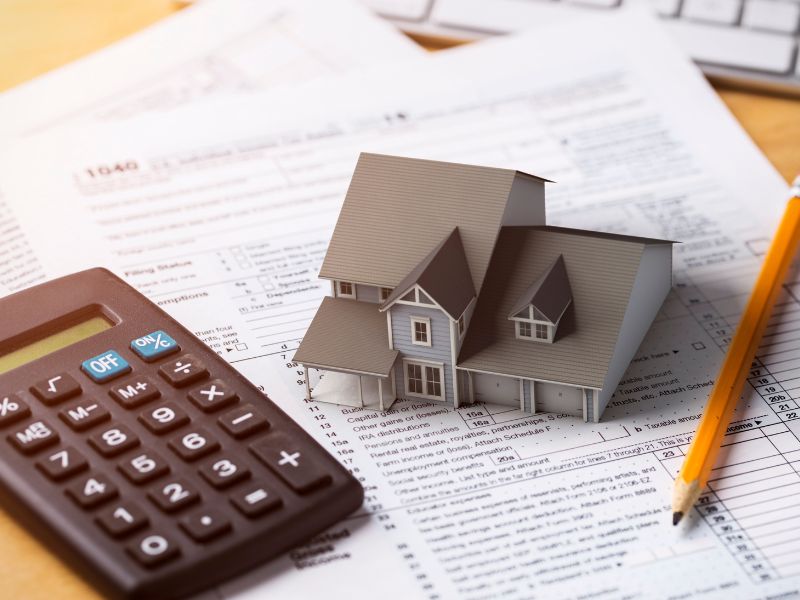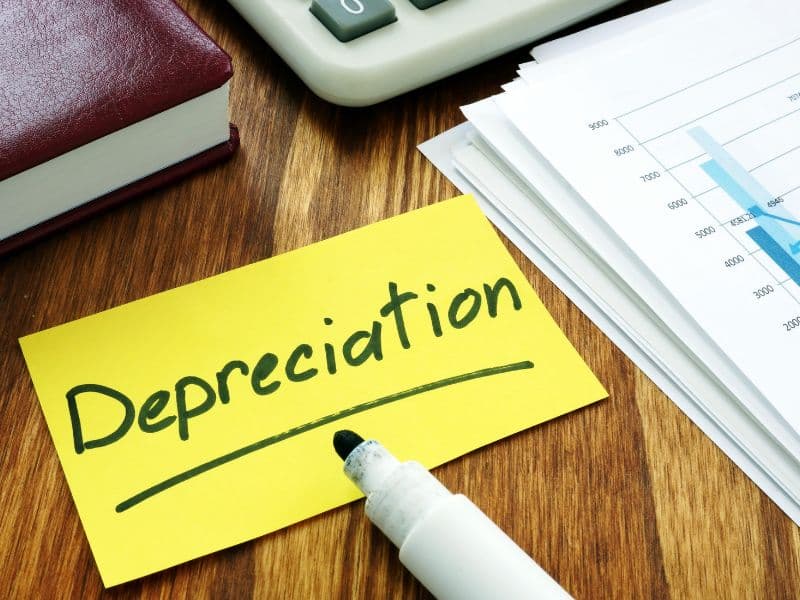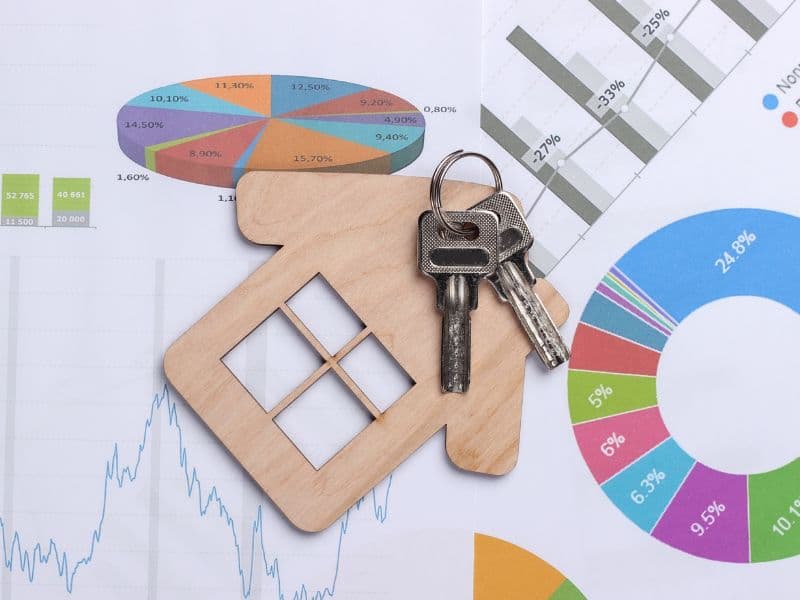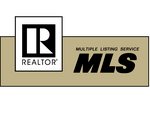I am excited to share with you one of my favorite tax benefits on our Smoky Mountain rental properties. It is called “Accelerated Depreciation.” This accelerated depreciation has been allowed by the IRS for many years, it is just not commonly known. I remember when an accountant friend of mine told me about it. I was very surprised and excited. Where has this been, I wanted to know? I was very pleasantly encouraged when he placed me in touch with accountants who specialize in providing this service. In his words, “If you are looking for long-term investment, this is the way to do it.”
There are three big reasons for investing in rental property. They are the steady income, the potential for equity appreciation over the long term, and the last but not least, the unique tax benefits. One of the most significant tax benefits of owning rental property is the use of depreciation expenses to reduce taxable income. We are all familiar with that. But an even bigger tax benefit is accelerated depreciation. In some cases, an investor may be able to accelerate depreciation to generate a loss on paper, even when a rental property has positive net income. I have seen this repeatedly!

Depreciation is an annual deduction from pretaxed income that allows real estate investors to recover the cost basis of real property during the time an investor owns the property. Depreciation is compensation for property wear and tear, deterioration, or obsolescence. For our depreciation purposes, cost basis is the purchase price of the property less the value of the land or lot, plus costs that must be capitalized, such as the capital expense of replacing a roof or closing costs added to the basis like title insurance and recording fees.
Rental property is normally depreciated over a period of 27.5 years, with the depreciation expense spread evenly over the time in which you hold the property. However, some components of a rental property, such as appliances, flooring, landscaping, and fencing, may be completely depreciated during the first 5 to 7 years of ownership. With accelerated depreciation, you and I can reduce pretax income even more during the first few years. A specialist in accelerated depreciation will take every component in your rental cabin accountant for it and create an accelerated schedule. This allows you to take the deductions in an “accelerated manner”!
The good news is that depreciation does not mean a rental property becomes less valuable to an owner or buyer when the property is sold. In fact, when a rental property is sold, the depreciation clock gets reset, and depreciation begins all over again for the new owner.

Our rental properties generate cash flow year after year; in the Smokies we have seen a steady rise in rental rates thus rental revenue. In addition, the price increases. The most significant advantage of accelerating depreciation is reducing your taxable net income. The paper loss created by depreciation can be used to offset other profits you have in the same tax year. Also good is that any remaining loss can be carried forward into future tax years and be used to offset future gains until the loss is expended.
Accelerated depreciation does carry a couple of negatives, however. You will not be able to complete this very complicated study by yourself. You will need to hire a firm to do a cost segregation study to identify items that can be depreciated faster. The firm I use is willing to take a quick look at our properties and estimate what my tax savings are going to be so that we can make a decision about whether we want to go forward with the study.

The other disadvantage to depreciation is that it is recaptured and taxed when a rental property is sold. The maximum tax rates on recaptured depreciation and capital gains can vary, depending on your tax bracket, so you’ll need to have a conversation with your CPA about what you should expect your rate to be for those items. You will want to have a plan mapped out as to when you wish to sell that takes these items into consideration. However, there is still good news in the fact that both capital gains tax and depreciation recapture tax can be deferred by conducting a 1031 exchange – another excellent tax strategy that your CPA can also help you develop!
I hope this has been helpful and you will check out this option. We will be glad to point you in a direction of a firm that makes this a specialty if you want to check into further.
Want to be notified when there is a new blog post and receive other information and tips about real estate in the Smoky Mountains? Sign up for my newsletter using the form below and stay up to date!
Newsletter Signup
Sign up for my newsletter and stay up to date on real estate in the Smoky Mountains!
Thank you!
You have successfully joined our subscriber list.







